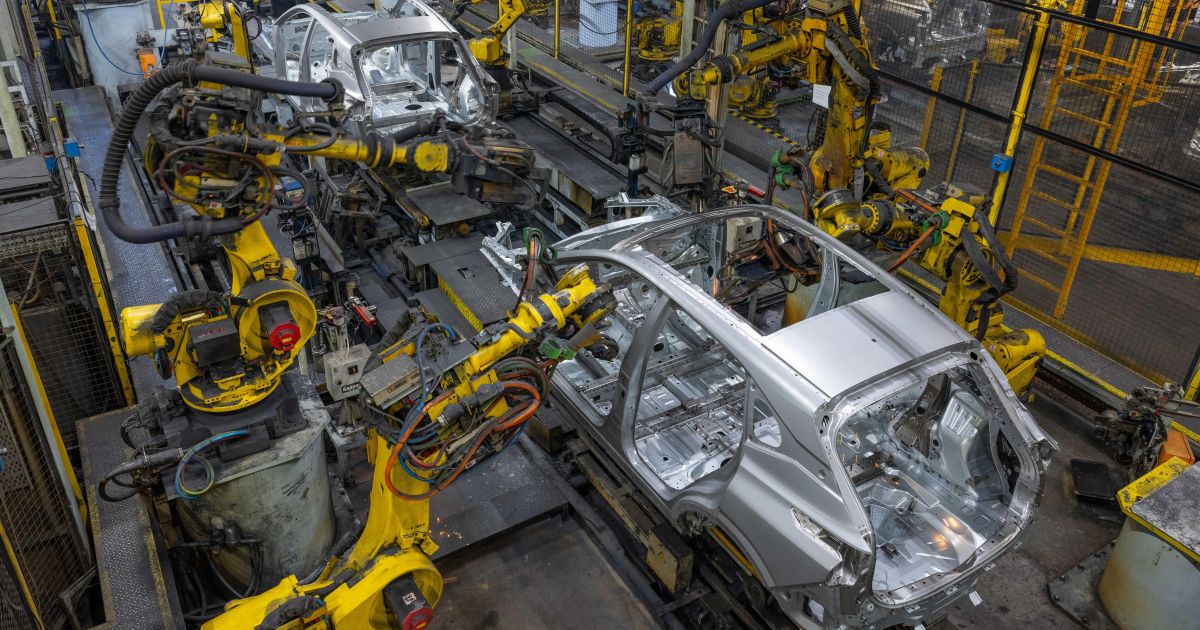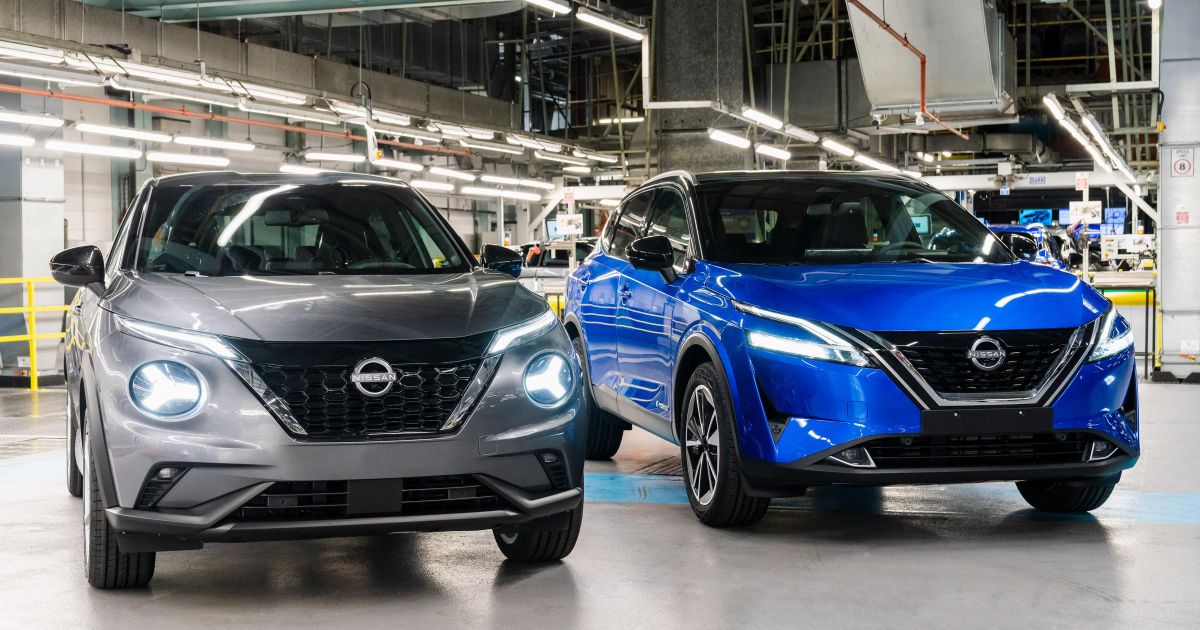Off the back of huge losses, Nissan is facing a cash crunch, and is now resorting to delaying tactics.
According to emails seen by Reuters, Nissan asked suppliers in the UK and Europe if they will accept late payments so that the company can have more cash on hand at the end of the current quarter.
Nissan wanted to push supplier payments due in June out to August, and even September. Similar tactics were reportedly employed at the end of March to close out the company’s financial year.
In one email, a director notes his team hasn’t achieved its target of freeing up €150 million ($269 million) of cash flow.
Hundreds of new car deals are available through CarExpert right now. Get the experts on your side and score a great deal. Browse now.
The automaker confirmed to the news agency it had asked some suppliers if they were amenable to more flexible payments whereby “they could choose to be paid immediately or opt for a later payment with interest”.
It added it wanted to delay payments to suppliers so that it had “sufficient liquidity to weather the costs of the turnaround actions and redeem bond maturities”.
Nissan has ¥700 billion (A$7.3 billion) in debt due this current financial year, which ends in March 2026.
At the time of writing Nissan has about ¥2.2 trillion (A$23.3 billion) of cash on hand, but the firm expects to have negative free cash flow of around ¥550 billion (A$5.8 billion) in this quarter alone. Nissan doesn’t expect to be cash flow positive until some time next year or in early 2027.
All three major ratings agencies have adjudged Nissan’s long-term debt to be in the upper echelons of the “junk” or non-investment grades. Further cuts to its debt rating would make it more difficult and more expensive to gain access to loans.
Nissan’s UK division has confirmed to local media outlets, including Autocar and The Northern Echo, it is seeking to reduce headcount at its Sunderland factory by 250 people via voluntary redundancies.
The plant currently employs around 6000 people, and no manufacturing staff are being let go. The factory currently produces the Qashqai and Juke for the UK, Europe and Australia. It will also make the next-generation Leaf SUV, and new Juke EV.
As part of its restructuring plan Nissan will close seven of its 10 car making plants across the world, and reduce its global workforce by 15 per cent or 20,000 people, both by March 2028. Sunderland was first plant to be marked as safe from closure.
Nissan has been skating on thin financial ice for the last year-and-a-bit. In May it announced a loss of ¥670.9 billion (A$7.1 billion) for the financial year ending March 2025.
Other cost cutting efforts include reducing platforms and development times, potentially selling its Yokohama HQ, and pausing the development of vehicles and technology due for launch after March 2027. It has also established a transformation office” with an initial staff of 300 experts who have been “empowered to make cost decisions”.
MORE: Everything Nissan



